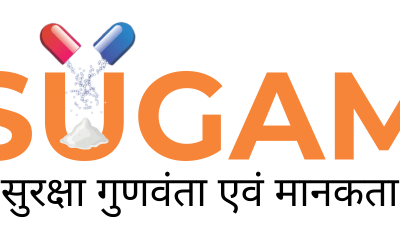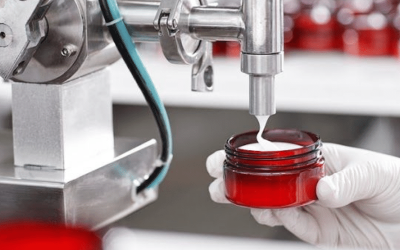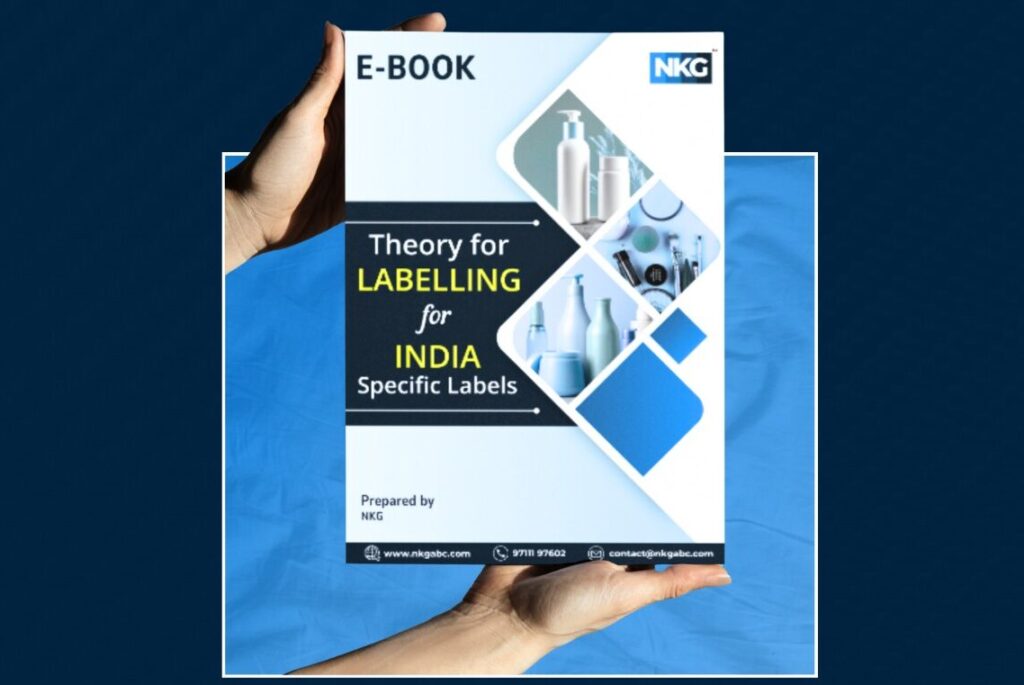Overview of SIP (Sanitary Import Permit)
According to the Ministry of Agriculture’s regulations, importers of animal products in India are required to obtain a Sanitary Import Permit at the customs gate before bringing in any meat, meat products, eggs, milk products, pet food embryos, ova, or semen. Sections 3 and 4 of the Livestock Importation Act of 1898, published by the Department of Animal Husbandry, Dairying, and Fisheries, govern the trade of livestock products and their byproducts to prevent the introduction of foreign diseases into the nation through the import of livestock and its effects.
The livestock importation act of 1898 under Section 3(a) authorizes the import of livestock and livestock products by issuing a sanitary import permit. Although not a license, it communicates the sanitary requirements that must be met before livestock products can enter India from the exporting country. The livestock product might be infected with rare diseases uncommon in India. To reduce the risk of the entry of exotic diseases, the sanitary import permit requires hygienic conditions to be certified by the official veterinarian of the exporting country. An individual or importer who trades and markets various livestock products and industries needing further processing may apply for the sanitary import permit if they have a valid Import Export Code (IEC). Forms “A” and “B” are available on the sip website; one can find Notification No. S.O. 2666(E) dated October 17, 2014, for the import of livestock products requiring a sanitary import permit for personal and trade purposes, respectively. The only seaports or airports where traders can import animals and animal products from the exporting nation are those in Bangalore, Chennai, Delhi, Hyderabad, Kolkata, and Mumbai. Fish products can be imported through the ports of Vishakhapatnam, Kochi’s seaport, and its airport. Bangladeshi fish products may be imported via the Land Customs Station in Petrapole. The likelihood of livestock products from exporting nations bringing in foreign diseases is high. To reduce the risk of bringing foreign diseases into the country, the Sanitary Import Permit system aims to compile a list of the sanitary conditions specified and confirmed by the authorized veterinarian of the exporting country.
Documents required for SIP
The trader or importer wishing to bring livestock products from other nations for human consumption must state that they are doing so to obtain a license from the Food Safety Authority of India.
- The application form should be submitted with a copy of the FSSAI license.
- The catalog and a detailed description of the item should be enclosed.
- According to the Prevention of Food, Adulteration Act of 1954, dairy importers and their products must obtain a license from the Food Standard Authority of India (FSSAI).
Application Procedure:
- The applicants should enter their I.D., password, and Captcha image to log in to the Sip portal.
- Once the welcome page has been opened, applicants should select the option to apply online, complete Form A or B, and attach all required documentation.
- The application fee of Rs. 300 must be paid through the portal’s online payment gateway after submitting all required paperwork.
- The application will be updated on the portal so that applicants can print their application copies once it has been reviewed and approved by the SIP authorities.
- If any information or documents still need to be included, the Department of Animal Husbandry, Dairy, and Fisheries will email the applicant’s registered I.D.
- One IEC certificate holder may register once and submit additional applications using their previously registered I.D. and Password.
- Applicants must enter valid mobile numbers in the registration form to recover their password via OTP.
- The applicants can download the user manual for reference and edit the data entered in the portal whenever necessary.
Validity of SIP
The permit’s validity ranges from three months to a year, depending on the livestock products. The importer may execute as many shipments as necessary in accordance with the SIP’s permitted quantity during the allotted time. Upon request from the traders and in accordance with the following rules, the Department may extend the permit’s validity:
- The date specified in the Bill of Lading will be regarded as the imported date when the shipment is transported through the seaport, and the expiration will be accounted for as such.
- When goods are transported through an airport, the date on the pertinent airway bill indicates when they left the last airport in the nation and is considered the importation date.
- The date of dispatch of goods by rail, road, or other legitimate modes of transport to the consignee in India through a consignment basis when transported from Land-Locked Countries.
- The date the packet or dispatch note was officially stamped as being sent out when transported via postal service.
- The date on the Courier Receipt e-Waybill will be considered the imported date when items are transported via Registered Courier Services.
- The date that goods are turned over to the first carrier in a combined transport bill of loading is considered the imported date when goods are transported using other multimodal modes.
Other conditions for SIP
- The Director-General of Foreign Trade (DGFT) must grant a license to the traders importing and exporting livestock and the livestock products listed as restricted under the government’s EXIM policy.
- The Department of Animal Husbandry, Dairy, and Fisheries must issue traders importing live animals a pre-import no-objection certificate and a quarantine and animal certificate.
- The Regional Officer/Quarantine Officer of the respective ports must grant permission for the importation of live animals, and importers must display a copy of the import license issued by the DGFT as well as the health certificate issued by the designated veterinarian for the boarding of livestock seven days before the boarding.
- Animals should be tested for exotic diseases in the exporting nations, and the results must be delivered to the port with the animals.
- The import permit may be revoked by the authorities without prior warning or information to the importer in cases where the importer violates laws and regulations.
Import Export Code
The Import Export Code is an essential document required to start import-export operations. The I.E., code must be obtained to export or import goods or services.IEC offers a wealth of advantages for business expansion. Indeed, since, I.E., code registration is required, you must recognize its importance. Through IndiaFilings, one can apply for an Import Export code and receive it in 6 to 7 days.
Conclusion: The Sanitary Import Permit (SIP) is a crucial requirement for importers of animal products in India to ensure the safety and hygiene of livestock and its byproducts entering the country. The application process for SIP involves submitting the necessary documentation, including an FSSAI license for food products and a license from the Food Standard Authority of India for dairy importers. For smooth import-export operations, businesses must also obtain an Import Export Code (IEC), a fundamental document for trade activities. Partnering with reliable platforms like IndiaFilings can simplify the IEC registration process and facilitate seamless business expansion opportunities. By adhering to these regulations, importers can ensure the importation of quality products and contribute to the nation’s economic development.







